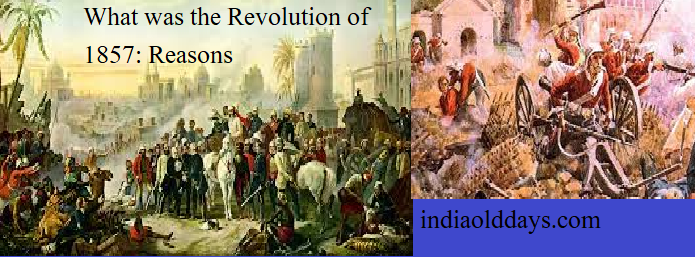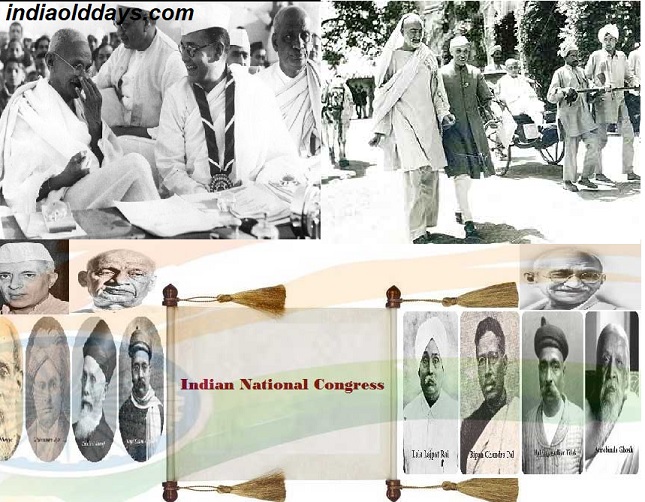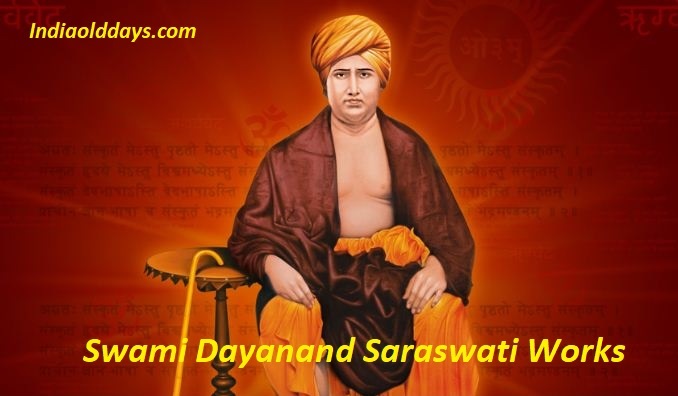Reasons(Causes) for the failure of revolution of 1857
The struggle that took place in 1857 to expel the British from India, its failure was predetermined. There are five main reasons for the failure of the revolution. Apart from that; P.E. Roberts has given two other reasons – Centralized Rebellion and Generosity of Kenning. Dodwen added one more reason that is – Lack of Organization. Main reasons for the failure of revolution are followings :
Rebellion in Meerut
As per pre-planning, the day of 31 March 1857 was decided to revolt together all over India, But unfortunately on March 29, 1857, Mangal Pandey revolted. This news reached Meerut immediately and on May 10, 1857, there was a rebellion in Meerut. Thus, failure to rebel in the immature state was sure.
Deception of Sikhs and Gorkhas
Rajputs, Sikhs, and Gorkhas were famous for their bravery. Except for some places, Rajputs showed indifference to the rebellion. The Sikhs justified the support of the British Empire. The Sikhs were not ready to support Bengal, that had supported the British during the merger of Punjab. So they were loyal to the British. The Sikhs broke the back of revolution by winning Delhi and Lucknow. The Gorkhas, attacked Awadh under the command of Commander Jang Bahadur and helped the British and made the revolution unsuccessful by betraying Indians.
The disinterest of South India
The southern part of Narmada was completely peaceful. If South India would have helped North India in rebellion then it would be impossible to suppress such a vast revolt. The main centers of the rebellion were Delhi, Bihar, Awadh, Ruhalkhand, Chambal, and the land near the Narmada. So the British called the army from the south and got the victory by attacking the rebel areas. The British had to face a rebellion in a very limited area. Thus the indifference of South India was a boon for the British. Therefore, the British showed their gratitude towards the Nizam and Sindhiya.
Non-cooperation of kings
Almost all Indian kings helped the British in suppressing the rebellion. Dinkarrao the minister of Sindhiya and Salarjang the minister of Nizam did not allow the revolution to spread in their states. The kings of Rajputana also helped the British. Kenning himself said that if Sindhiya too joins the rebellion, then I should bind up my bag and baggage. Similarly, the king of Mysore, Sikh Sardar of Punjab, Maratha and East Bengal etc. were also not co-operated in rebellion. If they were all organized to fight against the British, then the British would have lost their lives.
Lack of skilled leaders
There was no skilled leader to administer the rebellion properly. Though the rebels accepted Bahadur Shah as their leader, but he was old and it was hopeless to accept a successful military-operation and leadership from him. Nana Sahib was a clever leader, but he was not expert in military operations. Tatya Tope was of good character but he does not have any military merit. Rani Lakshmibai of Jhansi and Zamindar of Jagadishpur Kunwar Singh was the most competent leaders. Rani Lakshmibai was brave but she was inexperienced. Kunwar Singh was also brave, but he was old and no one was ready to accept him as a leader. Thus there was no skilled leader of the revolt, who could organize everyone and made the struggle successful.
Non-cooperation of citizens
The rebellion was confined to a few kings, feudal and soldiers only. Most of the people in India were the farmer. No rebellion could have succeeded by ignoring this class. But the rebels did not make any effort to get the cooperation of farmers. Thus, this revolution could not be a mass-revolution. The people, who were struggling, were only to satisfy their selfishness.
Lack of Central Organization
There were certain organizations and plans before the rebellion started, but after it began, the sequence of the plan was not seen. There was a predetermined plan until the rebel reached to Delhi, but later it comes to an end. There should be a central organization, which can coordinate with the revolts of all areas according to the activities of the British.
The generosity of Lord Kenning
The generosity of the immediate governor-general Lord Kenning also succeeded in calm down the rebels. P.E. Roberts has written that his humility was not only morally robust, but also politically justifiable.
Lack of concrete goal
The revolt was due to fat cartridges and inconveniences of Indian soldiers and also before scheduled time. The Muslims wanted to revive the ancient glory of the Mughal Emperor while Hindus wanted to re-establish the supremacy of Hindus under the leadership of Nana Sahib and Rani Lakshmi Bai.
Favorable conditions of the British
If the 1857 revolution had happened sometime before, the British had to run away from India. But by the time the rebellion began, conditions had become favorable to the British. Crimea’s war was over. In India, the native monarch, feudal and intellectuals were supporting the British. The result of the reform of Dalhousie was that the communication system had been set up to send logistics to the army.
Limited resources
The rebels had very limited resources as compared to the British. The rebels had the soldiers with a sense of sacrifice, but they did not have tactics like the British. The British had European trained soldiers, who were skilled in strategy and diplomacy, while the rebels knew only to die, not to fight. They also had to face financial inconveniences.
Reference : https://www.indiaolddays.com/





